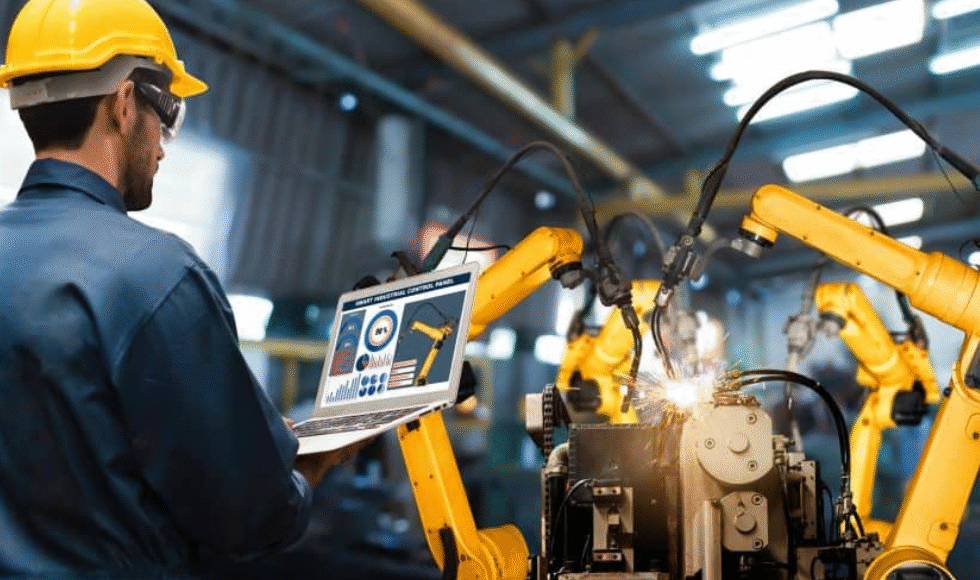Industries like steel manufacturing, cement production, power generation, and petrochemicals rely on high-temperature processes. Without proper protection, extreme heat can damage equipment, reduce efficiency, and lead to costly repairs.
This is where refractory materials play a crucial role. They protect industrial equipment, improve energy efficiency, and enhance operational performance. In this blog, we explore how refractories help industries run better and last longer.
Understanding Refractory Materials
Refractory materials are heat-resistant substances designed to withstand temperatures above 1,500°C without breaking down. They provide structural integrity and thermal insulation, ensuring smooth industrial operations.
Why Are Refractories Important?
- Prevents heat loss, improving energy efficiency.
- Reduces wear and tear on equipment, minimizing maintenance costs.
- Maintains stable temperatures, ensuring optimal process performance.
- Protects against chemical corrosion, extending the lifespan of machinery.
How Refractory Materials Improve Efficiency
- Energy Savings in High-Temperature Processes
Without proper insulation, heat escapes, leading to higher fuel consumption. Refractory materials trap heat inside furnaces and kilns, reducing energy wastage and lowering operational costs - Longer Equipment Lifespan
Industrial machinery faces constant exposure to extreme temperatures. Refractory bricks and castables form a protective shield, preventing cracks, corrosion, and early wear—reducing replacement expenses. - Improved Process Stability
Industries like steel and cement require consistent temperatures for precise manufacturing. High-performance refractory linings ensure steady heat distribution, leading to better product quality and fewer defects. - Reduced Downtime and Maintenance Costs
Frequent repairs and replacements slow down production. Durable refractory solutions minimize breakdowns, allowing industries to run smoothly with fewer interruptions. - Safety Enhancements
Extreme heat poses safety risks for workers and equipment. High-quality refractory solutions create a safer environment, reducing the chances of overheating and structural failure.
Applications of Refractory Materials
Refractories serve critical functions in various industries:
- Steel & Metallurgy
Used in blast furnaces, ladles, and casting units for efficient metal melting and shaping.
- Cement & Lime Kilns
Protects rotary kilns and preheaters, ensuring smooth cement production.
- Power Plants & Boilers
Improves fuel combustion and heat retention, reducing energy costs. - Petrochemical & Refineries
Resists chemical corrosion and extreme temperatures in refining operations. - Glass & Ceramics Manufacturing
Maintains optimal furnace temperatures, ensuring high-quality glass production.
Why Choose Poonam Refratech?
At Poonam Refratech, we provide top-tier refractory materials designed for maximum efficiency, durability, and safety. Our solutions are trusted by industries worldwide for long-lasting thermal protection.
What Makes Us the Best Choice?
- High-Quality Materials – Superior durability for harsh industrial environments.
- Cost-Efficient Solutions – Reduce energy consumption and maintenance expenses.
- Global Reach – Supplying trusted refractory products to 15+ countries.
- Custom Solutions – Tailored refractory solutions for specific industry needs.
Conclusion
Refractory materials are essential for industrial success, ensuring heat efficiency, durability, and process stability. By using high-performance refractory solutions from Poonam Refratech, industries can maximize productivity, minimize costs, and achieve long-term reliability.
Looking for premium refractory solutions?
Contact Poonam Refratech today to get the best refractory materials for your industrial needs!



